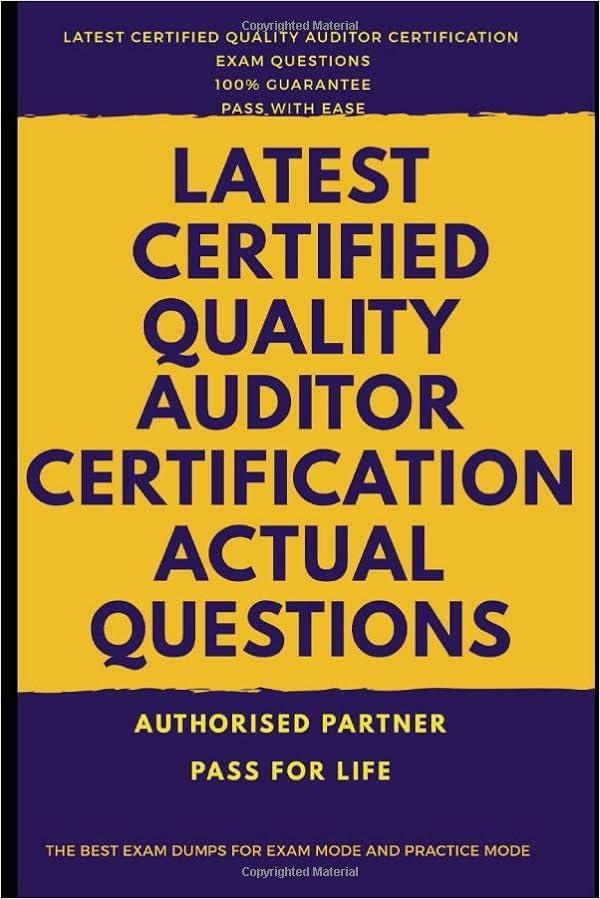Question
1. Josh Collins plans to buy a house for $210,000. If that real estate is expected to increase in value by 3 percent each year,
1. Josh Collins plans to buy a house for $210,000. If that real estate is expected to increase in value by 3 percent each year, what will its approximate value be six years from now? 2. Using the rule of 72, approximate the following amounts. a. If the value of land in an area is increasing 6 percent a year, how long will it take for property values to double? b. If you earn 10 percent on your investments, how long will it take for your money to double? c. At an annual interest rate of 5 percent, how long will it take for your savings to double? 3. In 2018, selected automobiles had an average cost of $16,000. The average cost of those same automobiles is now $24,000. What was the rate of increase for these automobiles between the two time periods? 4. A family spends $46,000 a year for living expenses. If prices increase by 2 percent a year for the next three years, what amount will the family need for their living expenses after three years? 5. What would be the yearly earnings for a person with $6,000 in savings at an annual interest rate of 2.5 percent? 6. Using a financial calculator or time value of money tables in the Chapter Appendix, calculate the following. a. The future value of $450 six years from now at 7 percent. b. The future value of $900 saved each year for 10 years at 8 percent. c. The amount a person would have to deposit today (present value) at a 6 percent interest rate to have $1,000 five years from now. d. The amount a person would have to deposit today to be able to take out $600 a year for 10 years from an account earning 8 percent. 7. Elaine Romberg prepares her own income tax return each year. A tax preparer would charge her $70 for this service. Over a period of 10 years, how much does Elaine gain from preparing her own tax return? Assume she can earn 3 percent on her savings. 8. If you desire to have $20,000 for a down payment for a house in five years, what amount would you need to deposit today? Assume that your money will earn 4 percent.
2 9. Pete Morton is planning to go to graduate school in a program of study that will take three years. Pete wants to have $15,000 available each year for various school and living expenses. If he earns 4 percent on his money, how much must be deposited at the start of his studies to be able to withdraw $15,000 a year for three years? 10. Carla Lopez deposits $3,400 a year into her retirement account. If these funds have an average earning of 9 percent over the 40 years until her retirement, what will be the value of her retirement account? 11. If a person spends $15 a week on coffee (assume $750 a year), what would be the future value of that amount over 10 years if the funds were deposited in an account earning 3 percent? Part 2 of the question assume the person deposits half the money at mid-year and the remaining half at year-end the account still earns 3% per year what would the amount be in 10 years? 12. A financial company advertises on television that they will pay you $60,000 now in exchange for annual payments of $10,000 that you are expected to receive for a legal settlement over the next 10 years. If you estimate the time value of money at 10 percent, would you accept this offer? 13. Mai Tran plans to set aside $2,400 a year for the next six years, earning 4 percent. What would be the future value of this savings amount? 14. If you borrow $8,000 with a 5 percent interest rate, to be repaid in five equal yearly payments, what would be the amount of each payment? (Note: Use a financial calculator or the present value of an annuity table in the Chapter Appendix.) 15. Define compounding and discounting in relation to the time value of money. 16. Why is a dollar tomorrow worth less than a dollar today? 17. Explain the difference between an ANNUITY and an ANNUITY DUE and how does it impact the future value? 18. If you had a choice of having your investment compounded annually, semi-annually, or monthly which would you select and WHY what are the effective annual interest rates of each assuming the annual rate is 10%? 19. Compare simple interest to compound interest? 20. What are the 5 components of interest rate and why is each important to understand?
Step by Step Solution
There are 3 Steps involved in it
Step: 1

Get Instant Access to Expert-Tailored Solutions
See step-by-step solutions with expert insights and AI powered tools for academic success
Step: 2

Step: 3

Ace Your Homework with AI
Get the answers you need in no time with our AI-driven, step-by-step assistance
Get Started


